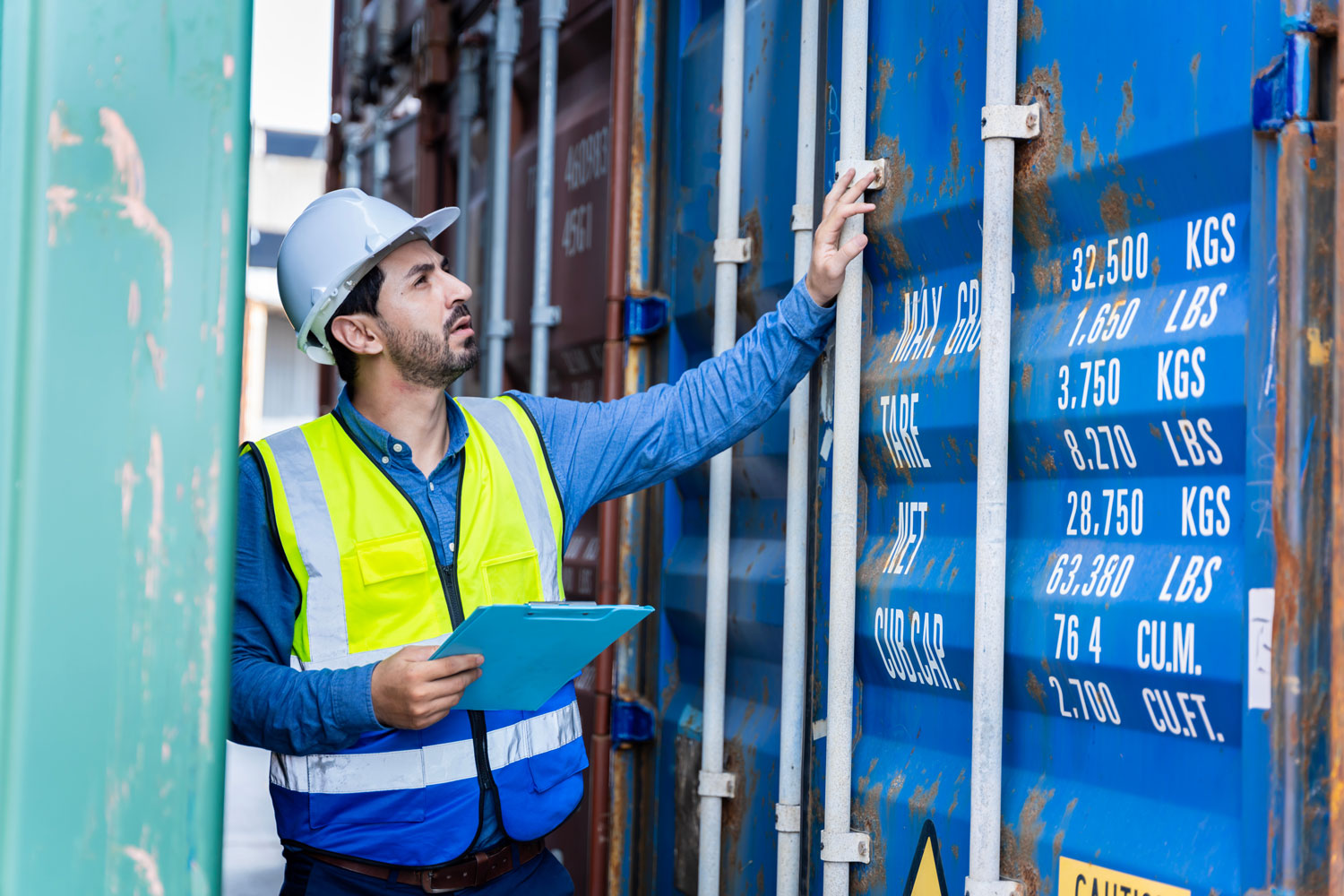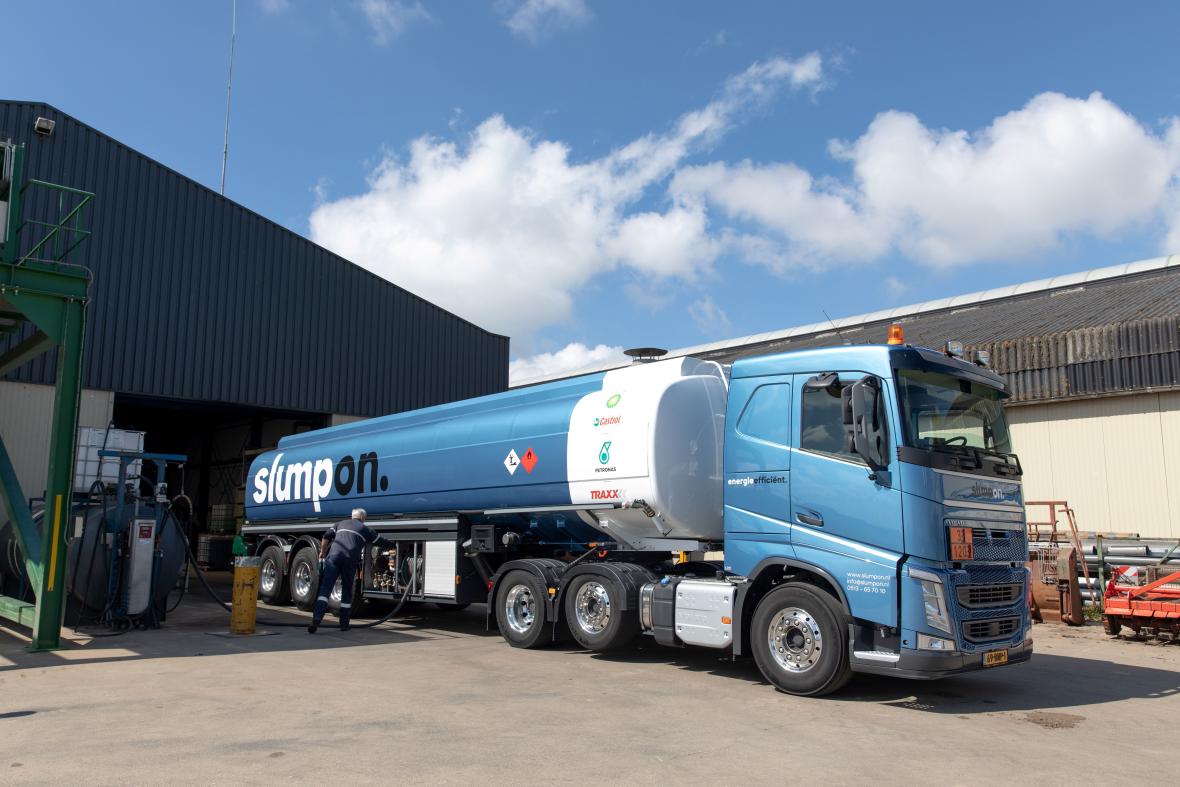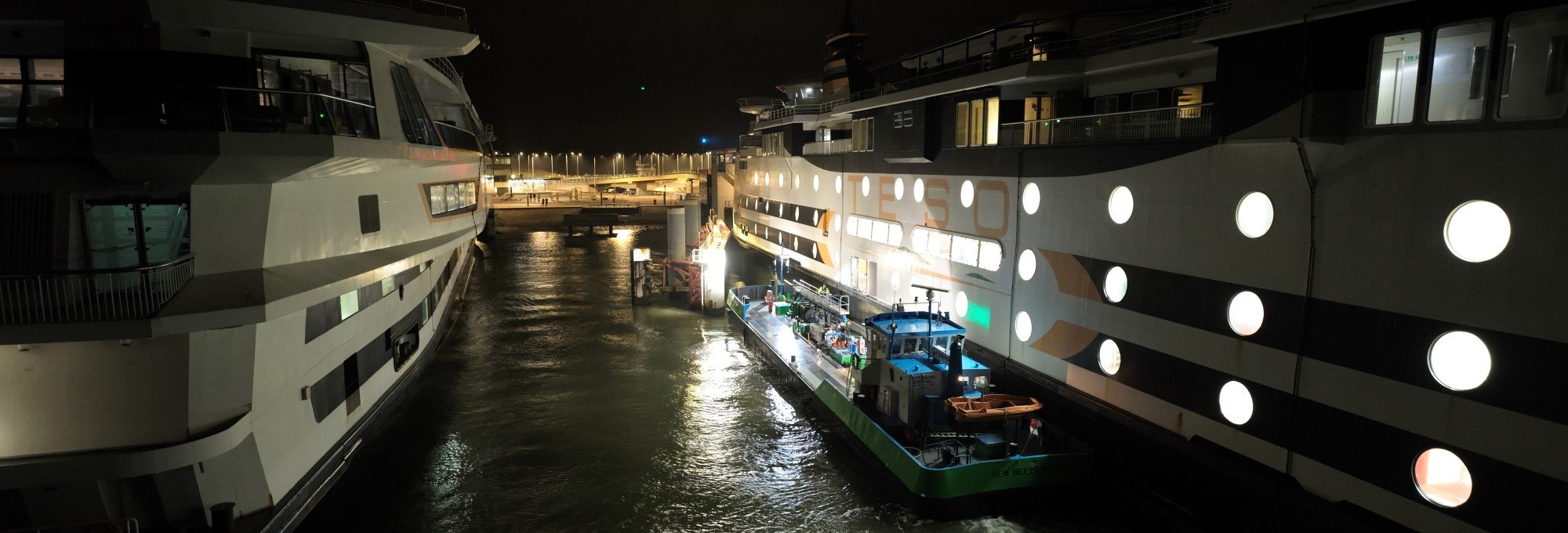World Transportation Day: 9 companies that lead by example


There is no transport without emissions — yet. So, for World Transportation Day, we are highlighting nine companies that are taking creative, impactful routes to decarbonise their operations.
Global transport accounts for approximately 15% of global greenhouse gas emissions, with maritime and freight sectors playing significant roles. Over 80% of the world’s goods by volume are shipped internationally, underscoring the critical need to decarbonise this essential industry. As consumer demand for global products grows, the transport industry must accelerate its adoption of sustainable practices to mitigate its environmental impact.
But how is this done, in practice? As an industry, over the years we have collectively learned that the most effective route differs vastly from company to company. Even two competing shipping companies with similar sizes can have non-comparable decarbonisation roadmaps because of their fleet size, vessel ages, shipping lanes used and goods transported. In other words, one does not simply decarbonise global transport.
World Transportation Day
As World Transportation Day was established to promote safe, sustainable, and efficient transport systems worldwide. This annual event highlights innovative solutions to reduce transport emissions, fostering collaboration between industry stakeholders, policymakers, and consumers. It’s a moment to reflect on progress and inspire action toward a low-carbon transport future.
We feel this is the perfect moment to highlight some of the inspiring, impactful and sometimes creative -but always effective- ways that we have recently seen transportation companies, freight owners/forwarders and fuel (re)sellers tackle transport emissions by utilizing vastly varying decarbonisation solutions that all have one thing in common: a significant decarbonisation impact.
Trailblazers in Transport Decarbonisation
Around the globe, forward-thinking companies are implementing creative solutions to reduce emissions. Here are ten inspiring examples:

1. Norwegian Cruise Line - cruising on sustainable biofuels
The cruise ship Norwegian Dawn successfully utilized a GoodFuels B30 sustainable biofuel blend, delivered in collaboration with KPI Ocean Connect. This marks a significant step toward sustainable cruising without compromising performance.

2. Stolt Tankers - Increasing biofuel percentage from 20 to 100
Stolt Tankers recently transitioned from a B20 blend to operating on 100% sustainable biofuel for one of their inland tanker vessels, demonstrating the feasibility of completely replacing fossil fuels in maritime shipping.

3. Slump On and GoodFuels
Slump On, a fuel services provider in The Netherlands, enables its customers to cut emissions in heavy-duty road transport by integrating GoodFuels’ advanced biofuels into its fuel offerings.

4. DHL Global Forwarding - Using 60 million liters of SMF through carbon insetting
Following a successful long-term partnership, DHL Global Forwarding has opted to use 60 million liters of sustainable marine fuel (SMF) through GoodShipping’s carbon insetting program, which allows cargo owners and freight forwarders to effectively reduce shipping emissions within their own value chain.
5. PostNL - Reducing emissions with the Biofuel Swap
PostNL reduces its carbon footprint through the innovative Biofuel Swap program, which indirectly substitutes sustainable biofuels for traditional diesel in road transport.
6. Kintetsu World Express - Offering carbon insetting to its cargo owners
Through its partnership with GoodShipping, Kintetsu World Express enables its shipping customers to 'inset' their transport emissions via a seamless fuel-switching process.

7. TESO - A ferry service fully fueled on bio
TESO, a Dutch ferry service, has embraced GoodFuels’ sustainable biofuels to drastically reduce emissions on its routes, supplied through FincoEnergies.

8. Zeeman and GoodShipping
Retailer Zeeman partners with GoodShipping to decarbonise its maritime shipments, showcasing how simple fuel switches can advance sustainability goals.

9. KLM and GoodFuels
KLM has reduced one million kilometers of CO₂ emissions by adopting GoodFuels’ sustainable biofuels for its airport bus fleet.
Decarbonising Transport: a sector effort
These examples underscore the power of existing solutions like sustainable biofuels and carbon insetting to transform the transport industry. Whether you’re a shipowner, a logistics provider, or a business shipping goods, the opportunity to act is here. Switching to advanced biofuels can reduce emissions immediately, while carbon insetting enables freight owners and forwarders to offset their footprint without fleet ownership.
On this World Transportation Day, let’s commit to leveraging these solutions at scale. Together, we can reimagine transport and build a sustainable future. The tools are already in our hands—now is the time to act. Let’s drive the change we wish to see.


